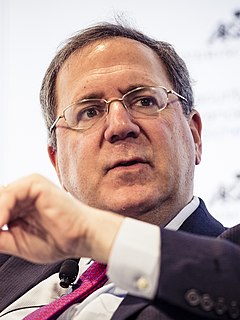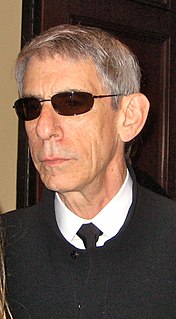A Quote by Debbie Stabenow
Democracy is about voting and it's about a majority vote. And it's time that we started exercising the Democratic process.
Related Quotes
Remember something, if you will, about voting: Voting is not a horse race, you're not going there thinking "Gee, I gotta pick the winner so I can brag to my friends 'Oh, I picked so-and-so and he or she won'". Voting is voting your heart and voting your conscience and when you've done that, don't ever, EVER let a Democrat or Republican tell you that you've wasted your vote because the fact is, if you DON'T vote your heart and conscience then you HAVE wasted your vote.
If you have reservations about the system and want to change it, the democratic argument goes, do so within the system: put yourself forward as a candidate for political office, subject yourself to the scrutiny and the vote of fellow citizens. Democracy does not allow for politics outside the democratic system. In this sense, democracy is totalitarian.
Because they don't teach the truth about the world, schools have to rely on beating students over the head with propaganda about democracy. If schools were, in reality, democratic, there would be no need to bombard students with platitudes about democracy. They would simply act and behave democratically, and we know this does not happen. The more there is a need to talk about the ideals of democracy, the less democratic the system usually is.
I'm a member of the Recording Academy and I see the way it works and even with the whole voting process it's broken down into specific categories. There are Pop categories and Dance and Rock and Metal and Film and Score and everything else. Basically when you are voting you are urged not to vote in the category that you don't know anything about.


































